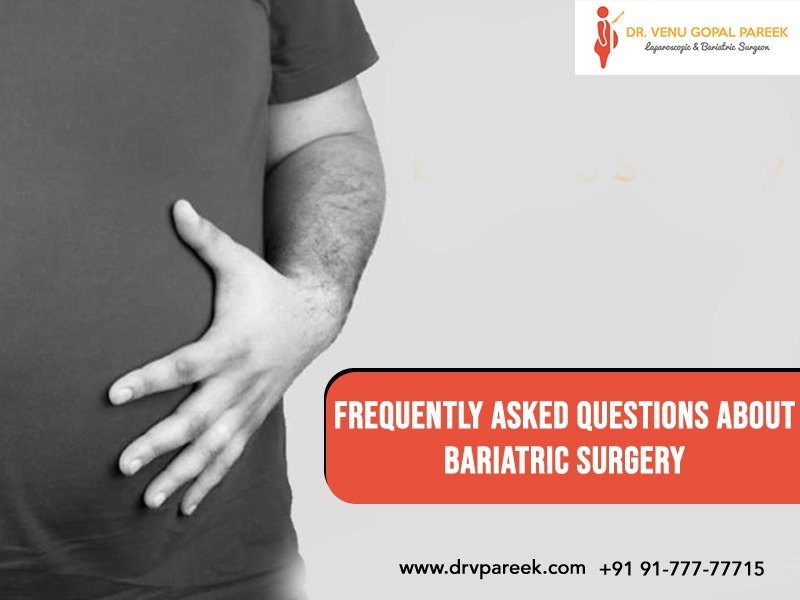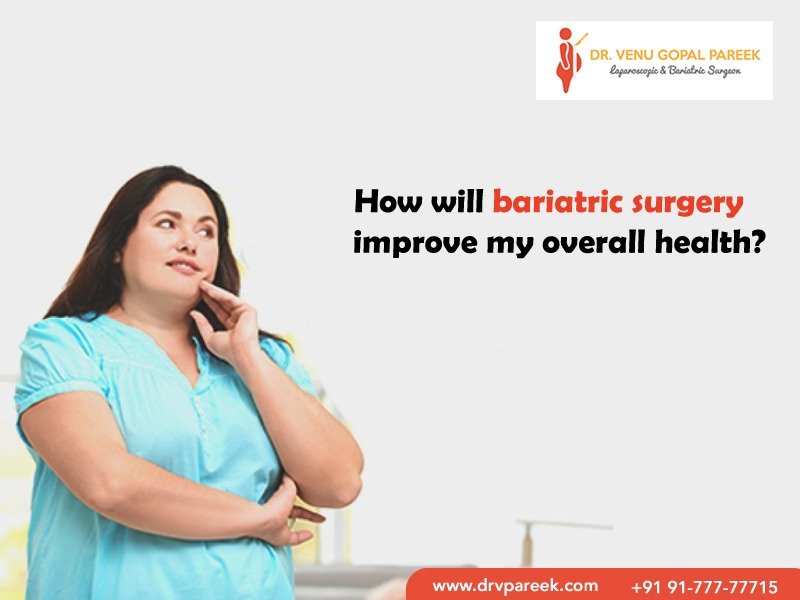
Is Weight Loss Surgery Better Than keto Diet For Fast, Dramatic, and Long-Lasting Results?
One of the most prominent weight-loss trends today is the keto diet. It’s not hard to find people who claim they lost more than 40 pounds on the keto diet. There are also social media channels filled with “before and after” photos of keto diet success stories. Also, fans of the keto diet promote rich food choices such as cheese, steak, butter, eggs, avocado, and nuts. It’s fair to ask if the keto diet was so successful – and I could eat a lot of rich foods – could the keto diet replace bariatric surgery to lose weight and maintain that weight loss? Let’s take a look at why we don’t believe the keto diet is like weight loss surgery.
Health problems like diabetes, blood pressure, heart disease, obstructive sleep apnea, joint problems, and even some cancers can occur with obesity, which affects your health and quality of life.
Let us see this article to know why Weight Loss Surgery is Better Than the keto Diet For Fast, Dramatic, Long-Lasting Results.
What is the ketogenic diet?
The ketogenic diet is low in carbohydrates, high in fat, and low in protein.
The basics of the keto diet
The keto diet has been around as a medical diet for treating children with epilepsy for centuries. Only recently has it been made in the news as a modern diet for weight loss. The idea behind keto is that eating low-carb foods can expose the body to a ketosis condition. During ketosis, cells run out of carbohydrates to use for energy. Instead, they are directed to the fat you store. This “forces” your body to burn fat, and you, in turn, lose weight. However, this is more complicated than it sounds.

What is bariatric surgery?
Bariatric surgery is nothing more than an umbrella term commonly used to refer to various weight loss surgery types. This surgery changes your digestive system to help you lose weight. They limit the amount of food you can eat or decrease your ability to absorb food, and in some cases, both.
This type of surgery is performed if diet or exercise is not helping and if the person has health issues due to weight.Sleeve gastrectomy surgery is the most common type of bariatric surgery, and most surgeons prefer this operation because it usually has fewer complications than other weight-loss surgeries.
Weight Loss Surgery: What You Need To Know
There are two types of weight loss surgery: malabsorption and restrictive. Malabsorption surgery reduces the number of calories your body consumes and limits the amount of food your stomach can absorb. Gastric bypass is malabsorption, whereas the gastric sleeve and the gastric band are restrictive. This procedure reduces the amount of food one can eat at a time, so they eat less and lose weight.
- Shorter Recovery: The minimally invasive approach to bariatric surgery reduces recovery time, although patients will miss several working days. Patients usually return to normal activities after a few days.
- Multiple Diets Required: Usually, there are dietary restrictions before and after surgery that need to be closely monitored. Therefore, bariatric patients need to understand that surgery involves several types of diet. It is also essential to understand that surgery requires lifestyle changes if the patient hopes to maintain weight loss over time. Most bariatric patients find that excellent results make it easier for them to enjoy a new diet and a more active lifestyle.
- Outstanding Results: ” Bariatric surgery is the only thing that ultimately helps a person lose weight, improve their health, and change their life,” said Dr Venu Gopal Pareek. When our bariatric patient comes back and tells us, ‘You’ve changed my life!’, We know we’re doing something that helps people.”

Can the keto diet replace bariatric surgery?
The keto diet focuses on a diet high in fat and low in carbohydrates. It is challenging to maintain the keto diet for a long time because consuming minimal amounts of carbohydrates is not easy. The keto diet recommends that you keep carbs at about 5% of your daily calories. So it is not that difficult to follow this diet for a few days, but it can be challenging if you follow it for a long time.
On the other hand, bariatric surgery focuses on simple and effective diet changes you can make for a long time. Bariatric patients should follow a low carbohydrate diet but at a manageable level. You can eat lots of fruits, vegetables and whole grains after bariatric surgery.
Therefore, the keto diet cannot replace bariatric surgery because the keto diet is difficult to follow for a long time, whereas bariatric surgery is a simple process.
Why Weight Loss Surgery is Better Than keto Diet
The Keto diet is difficult to follow.
The first problem with the keto diet is that it is tough to maintain a low carbohydrate intake daily. Some keto plans recommend keeping carbs at 20 to 30 grams per day. Bananas can provide you with the total amount of carbohydrates. For most people, about 50% of their daily diet consists of carbohydrates. Low-carb diets currently consume about 30% of your daily calories from carbohydrates. In contrast, the keto diet instructs you to keep carbs up to 5% of your daily calories. While following this diet for a week may not be difficult, it is an extreme and challenging plan to continue in the long term.

On the other hand, bariatric surgery focuses on changing a healthy diet that you can keep forever. We often emphasize reducing carbs but to a manageable level. We recommend eating plenty of protein, but there’s also room for fruit, cereals, and the occasional treat. The keto diet is much harder to follow and much less flexible than the traditional diet after bariatric surgery.
The keto diet brings health problems.
Overall, when someone who is overweight or obese has lost weight, it is a big step in the right direction for their health. Bariatric surgery often results in patients losing weight and maintaining weight and increasing comorbidity by reducing or saying goodbye to type 2 diabetes, sleep apnea, high blood pressure, or high cholesterol.
Although some people have had positive results with the keto diet, there hasn’t been enough research to know that the keto diet is safe in the long term. Health concerns focus on foods high in fat, high in salt, and processed, linked to high cholesterol, heart disease, and death. On the other hand, patients with bariatric surgery are advised to avoid salt and high amounts of processed foods. Instead, you have the freedom to focus on eating a variety of clean, healthy, and healthy foods.
Diet is not a practical solution for everyone.
Low-carb diets such as the KETO diet or the Atkins diet have helped many people lose weight who previously failed. However, some people believe that this diet is not sustainable. It can take a long time to see results, and it can be challenging to stay motivated. Diets don’t work for everyone, especially if their health problems interfere with weight loss and exercise or if you have to lose 60 to 100 pounds of weight.
Conclusion:
If you’ve attempted to get in shape, it’s sensible that you would be interested in a stylish eating routine like keto. In any case, keep up the weight reduction, and enjoy the improvements in your health. Bariatric medical procedure is the most secure and best alternative. To study these alternatives, connect with Dr Venu Gopal Pareek at 091777 77715.
If you think that a bariatric medical procedure might be appropriate for you, feel free to meet with Dr Venu Gopal Pareek at 091777 77715.







